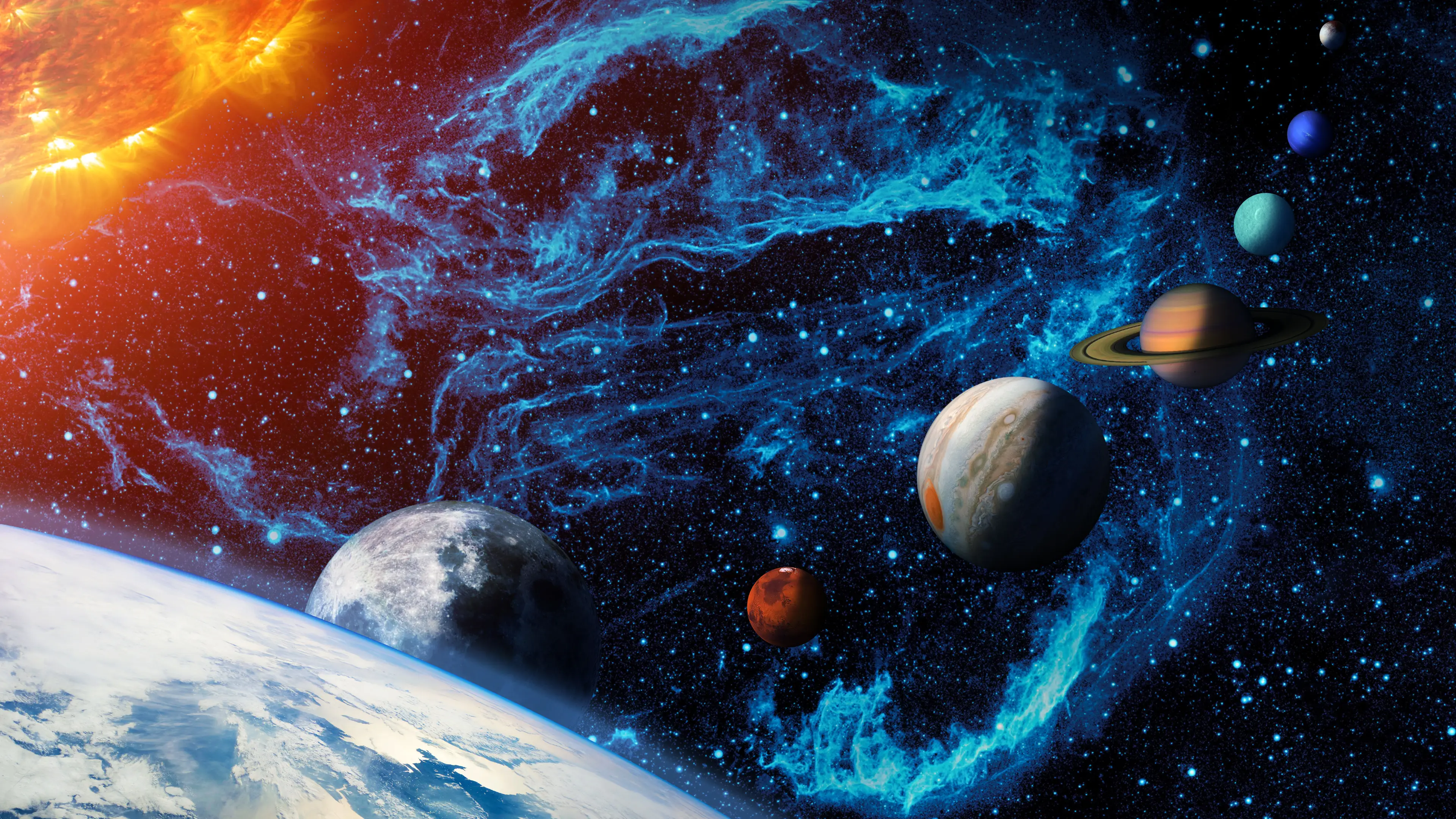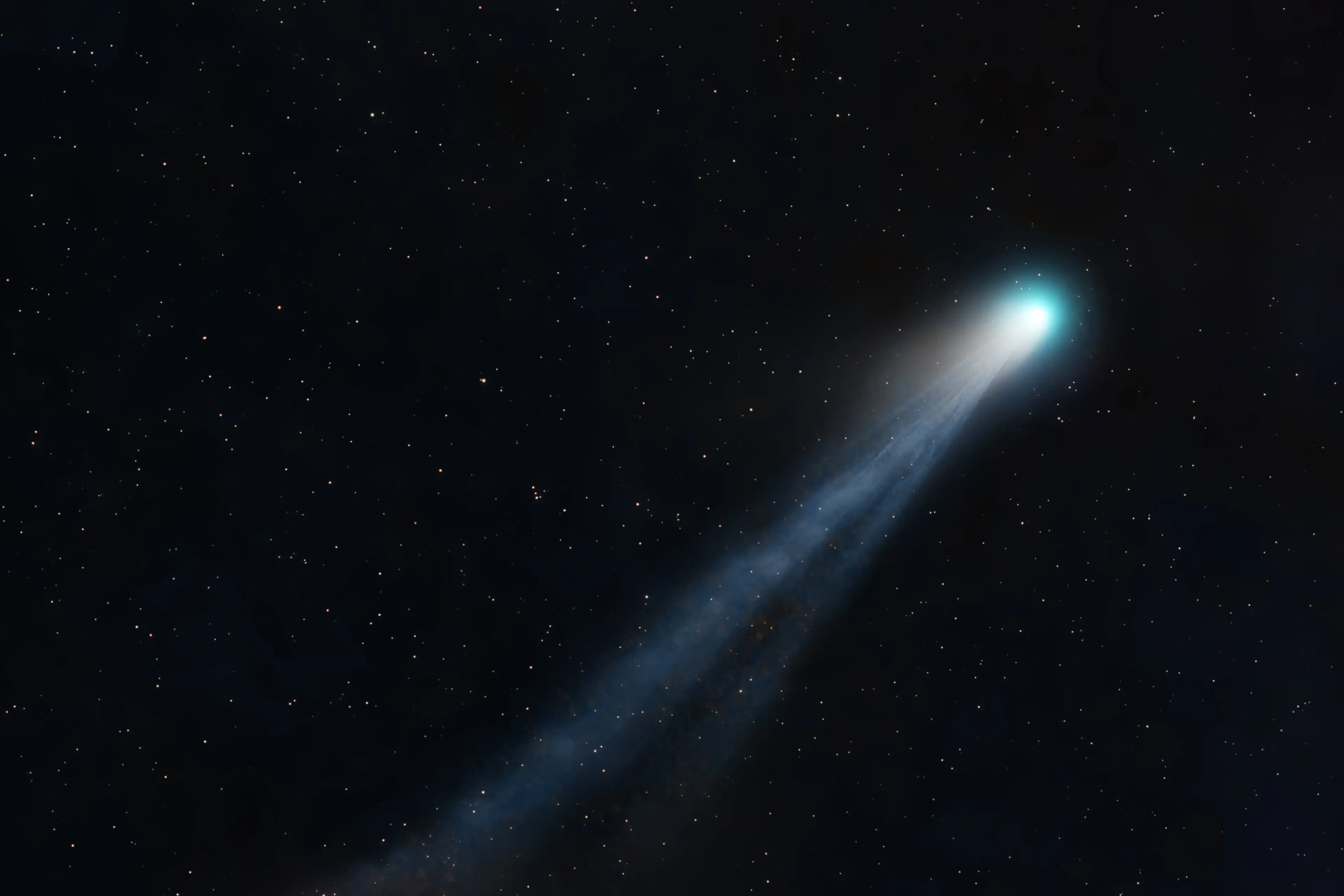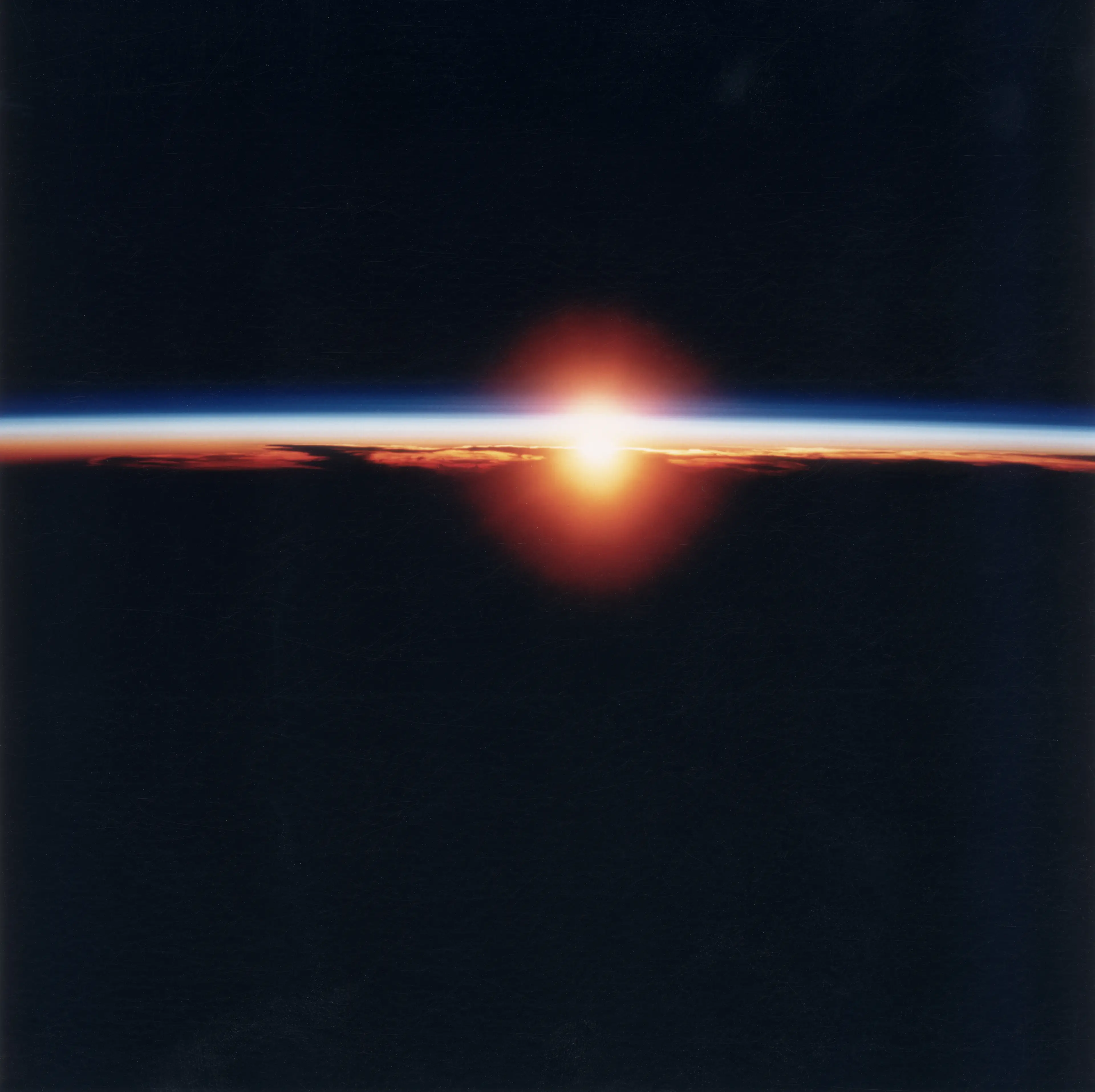
Scientists have finally found an answer to one of space’s biggest mysteries, and the answer could even lead to finally figuring out how life on earth began.
When it comes to exploring space, every time scientists uncover or learn one thing, it does seem to answer 100 more questions.
This time, however, the burning space question is not ‘Why did they send Katy Perry to space’ or ‘Why did Katy Perry sing What a Wonderful World in space, but instead something that has been pondered for years.
Essentially, carbon-rich asteroids are abundant in space, with an asteroid stuffed to the brim with carbon being an incredibly common find.
Advert
On Earth, however, when you do come across meteorites, less than five per cent are carbon-rich.

You may be wondering, what does this have to do with life on Earth, and why do we care?
Well, the reason is that carbon-rich asteroids contain water and organic molecules, both of which are key to the creation of life.
Therefore, in order to take a massive step towards better understanding how the creation of life occurred, they first need to answer why carbon-rich asteroids are so rare on Earth compared to in space.
Scientists have spent years trying to figure this out and have now got an answer.
A peer-reviewed study, published by Nature Astronomy, featured international researchers who investigated the phenomena.
This included scientists from Curtin University’s School of Earth and Planetary Sciences, the International Centre for Radio Astronomy (ICRAR), the Paris Observatory, and many more.
The study analysed over 8,000 meteoroids and impacts to discover that the Earth and the Sun both operate as ‘giant filters’.
Earth and the sun, therefore, destroy carbon-rich meteoroids before they reach the ground due to their fragile nature.

Dr Hadrien Devillepoix, a co-author on the research, said: “We’ve long suspected weak, carbonaceous material doesn’t survive atmospheric entry.
“What this research shows is many of these meteoroids don’t even make it that far: they break apart from being heated repeatedly as they pass close to the Sun.
“The ones that do survive getting cooked in space are more likely to also make it through Earth’s atmosphere.”
Dr Patrick Shober, of the Paris Observatory, said: “Carbon-rich meteorites are some of the most chemically primitive materials we can study — they contain water, organic molecules and even amino acids.
“However, we have so few of them in our meteorite collections that we risk having an incomplete picture of what’s actually out there in space and how the building blocks of life arrived on Earth.
“Understanding what gets filtered out and why is key to reconstructing our solar system’s history and the conditions that made life possible.”
He finally added: “This finding could influence future asteroid missions, impact hazard assessments and even theories on how Earth got its water and organic compounds to allow life to begin.”